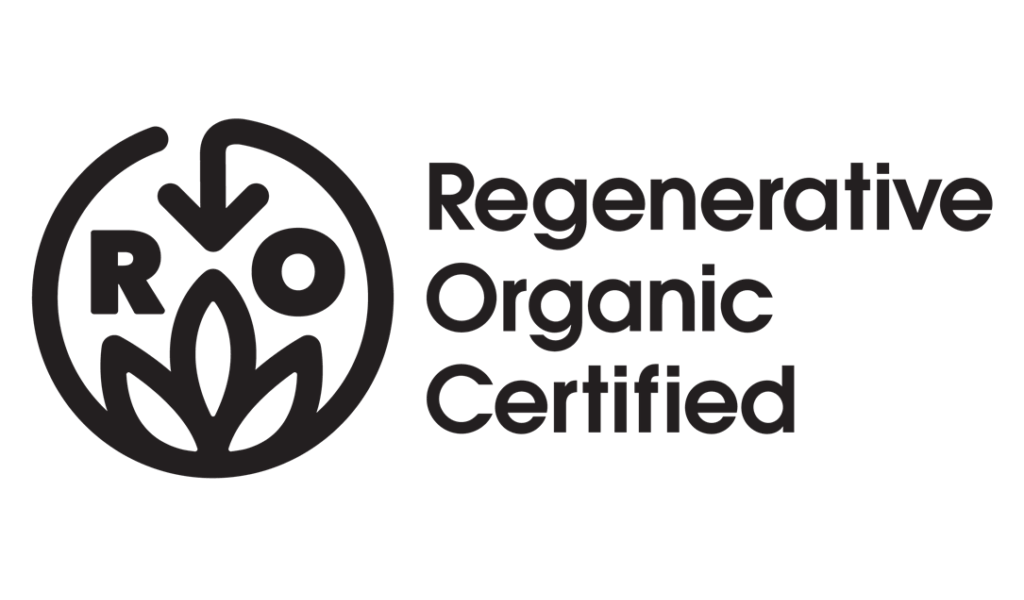“Regenerative Organic Certified” is 2020’s biggest trend, says Whole Foods

By Surya Zeeb
Published: January 28, 2020
Category: The Organic & Non-GMO Report Newsletter, Regenerative Agriculture
Taking the organic label a few steps further, a new certification standard is moving into the mainstream.
Regenerative Organic (ROC) will apply to foods made with organic ingredients, sourced from farms embracing pasture-based animal welfare, offer fair labor and economic stability for workers and communities, and prioritize soil health, biodiversity, carbon sequestration, and land management.
This certification is systems-based rather than product-based, containing “answers to the soil crisis, the food crisis, the climate crisis and the crisis of democracy,” says Vandana Shiva, Co-Founder of Regeneration International. Not only will consumers be able to favor particular food systems by using the ROC label, executing values-based choices, but farmers will be motivated by premiums to improve systems.
A three-tiered standard, including Bronze, Silver, and Gold, will incentivize growers to keep improving their standard.
Soil health and carbon storing is key in regenerative agriculture, and contains a weapon against climate change’s growing impact. “A mere two percent increase in the carbon content of the planet’s soils could offset 100 percent of all greenhouse gas emissions going into the atmosphere,” noted soil scientist Dr. Rattan Lal.
Only 22 percent of consumers had heard of regenerative agriculture in a 2019 survey, and the label will spike awareness.
Overseeing the certification is the Regenerative Organic Alliance, led by the Rodale Institute, Dr. Bronner’s and Patagonia.
Source: Forbes
To view source article, visit:




